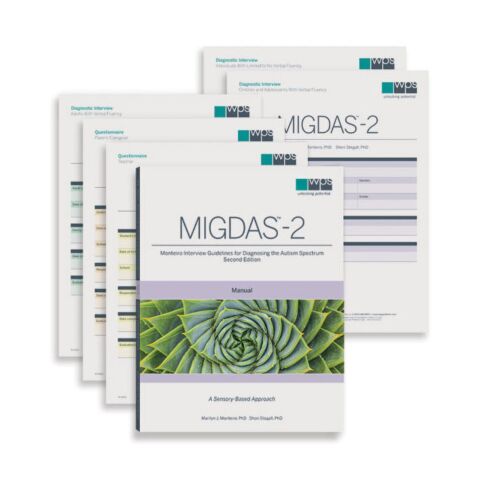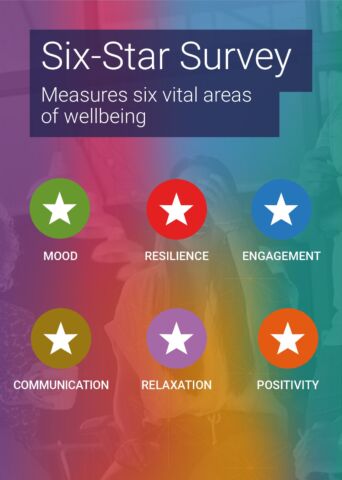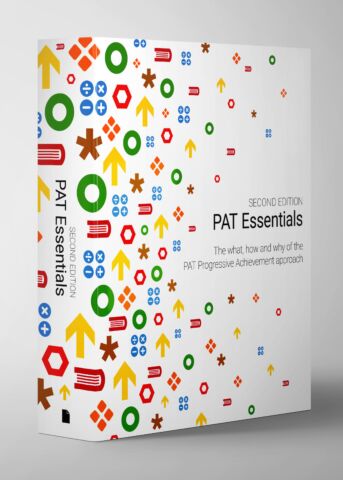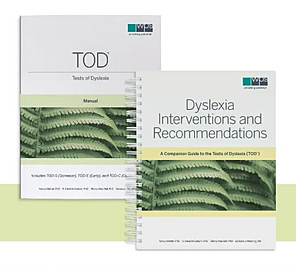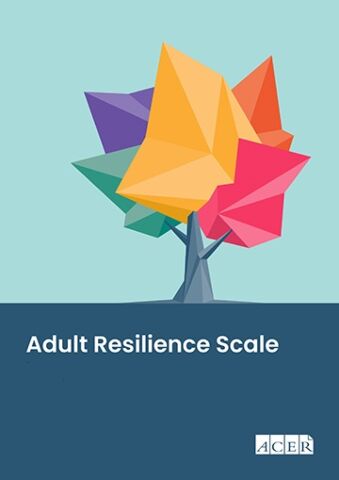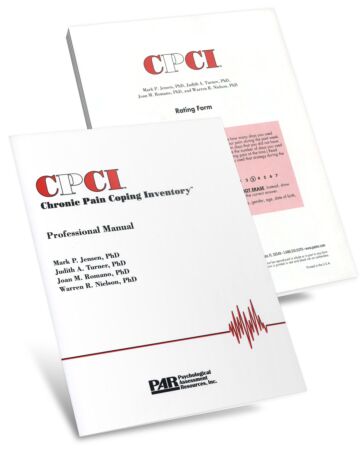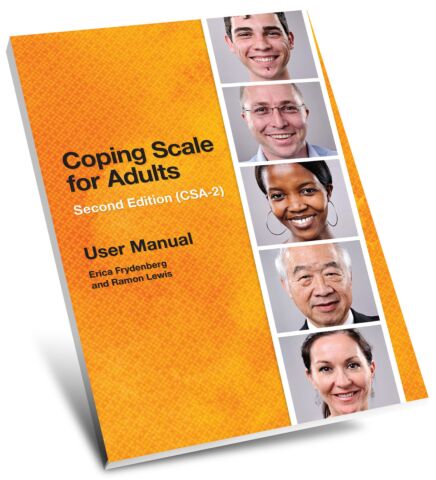Chronic Pain Coping Inventory (CPCI)
Author(s) : Mark P Jensen, Judith A Turner, Joan M Romano and Warren R Nielsen
Publisher : PAR, 2007
SKU : PG_CPC
Purpose: To assess patients' pain coping strategies
Age: 21-80 years
Time: 10-15 minutes
Designed to assess the use of coping strategies that are typically targeted for change in multidisciplinary pain treatment programs, the Chronic Pain Coping Inventory (CPCI) can be used as a treatment outcome measure, as a screening measure, and to document the necessity of treatment.
It can be used in a variety of testing situations to determine if there are significant differences between scores on two different testing occasions
The CPCI requires the individual to indicate the number of days during the past week he or she used each of 70 coping strategies to deal with pain. The profile form includes a skyline for clinically elevated scores and treatment goals
Illness-Focused Coping Scales
- Guarding - Extent to which a patient reports restricting the use/movement of a body part as a way of coping with pain.
- Resting - Extent to which a patient uses pain-contingent rest (e.g., lying down) as a way to cope with pain
- Asking for Assistance - Frequency with which a patient asks for help with a chore when in pain
Wellness-Focused Coping Scales
- Exercise/Stretch - Number of days per week a patient stretches various muscle groups, engages in muscle strengthening exercises and aerobic exercises
- Relaxation - Frequency with which a patient uses strategies (e.g., imagery, listening to music, meditation, self-hypnosis) to experience relaxation
- Task Persistence - Extent to which a patient continues normal activity despite the pain
- Coping Self-statements - Frequency with which a patient purposefully uses adaptive cognitions when experiencing pain
- Pacing - Extent to which a patient conducts activities in a paced, steady manner not contingent on pain
- Seeking Social Support - Frequency with which a patient seeks out a friend/loved one for companionship and support when in pain.
The CPCI can be administered and scored online via PARiConnect.
All PARiConnect purchases made directly through ACER include dedicated local support. Contact our Customer Service Team to set up your account today.

